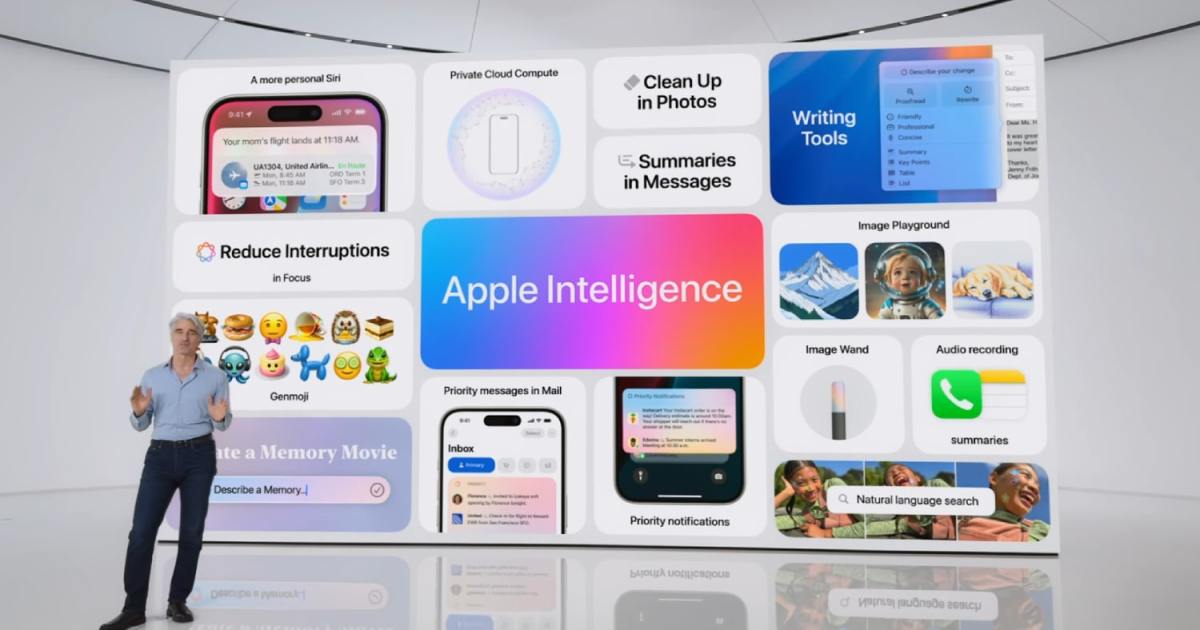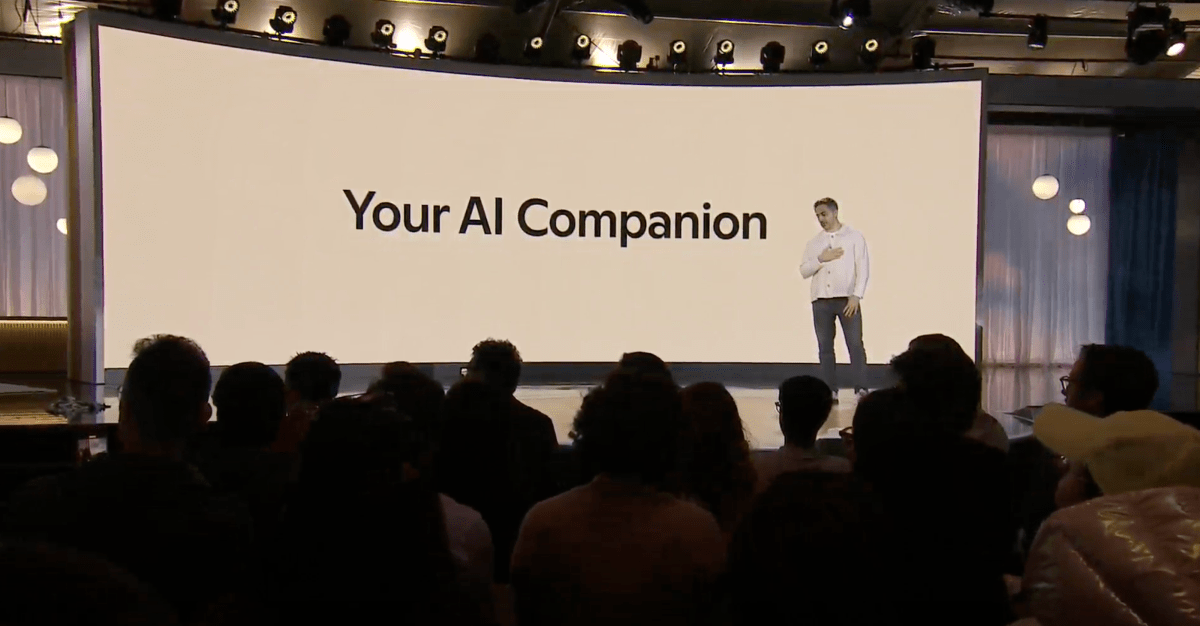
The success of WWDC 2025 depends on Apple Intelligence: this is what is required.
WWDC 2025 is just two months away, and there is a key task that Apple must accomplish to ensure its success: perfecting its Apple Intelligence platform and addressing criticisms.
A key date is approaching on the tech calendar: the Apple Worldwide Developers Conference (WWDC), which will begin on June 9. This annual event is when Apple followers eagerly await news about their operating systems, such as iOS 19 and macOS 16, as well as potential new devices. However, this year, the focus is almost exclusively on one topic: Apple Intelligence.
Apple's artificial intelligence platform has had a rocky start since its unveiling last year at WWDC 2024. Currently, its functions are quite limited, such as text rewriting and the creation of simple images, which have been surpassed by its competitors for years. This lack of advanced features and issues with its notification summaries have generated unfavorable criticism. The perception is that many of the tools announced last year were not ready, and this sentiment persists, leaving Apple Intelligence feeling somewhat empty.
In the fast-paced world of technology, staying relevant is crucial, and Apple faces the pressure of not falling behind its rivals, such as ChatGPT, Google Gemini, and Microsoft Copilot, who are rapidly advancing in AI capabilities. This makes WWDC 2025 a highly significant event, where Apple is expected to address doubts about its evolution in the field of artificial intelligence.
Apple has made strategic decisions in its recent launches, updating almost all its devices in the past year, which allows it to focus on presenting improvements in Apple Intelligence without additional distractions. As the company seeks not only to catch up with its competitors but to surpass them, expectations are high. Apple's resources, including its remarkable ability to integrate hardware and software, provide it with a unique advantage that should manifest in significant innovations.
Despite the mounting pressure, reports suggest that some of Siri's most advanced features may not arrive until 2026 or 2027, posing the challenge of impressing the public with other features at the conference. Among the suggestions for improvements is the need for more robust image generation tools and the possibility of using Apple Intelligence to create personalized content, such as playlists on Apple Music tailored to the user's moment.
Apple must demonstrate that its artificial intelligence has inherent value compared to other alternatives, but time is running out, and a striking announcement is needed to change the narrative and solidify Apple Intelligence as a leading AI platform in the market. With WWDC just two months away, Apple's plans will soon be revealed.



